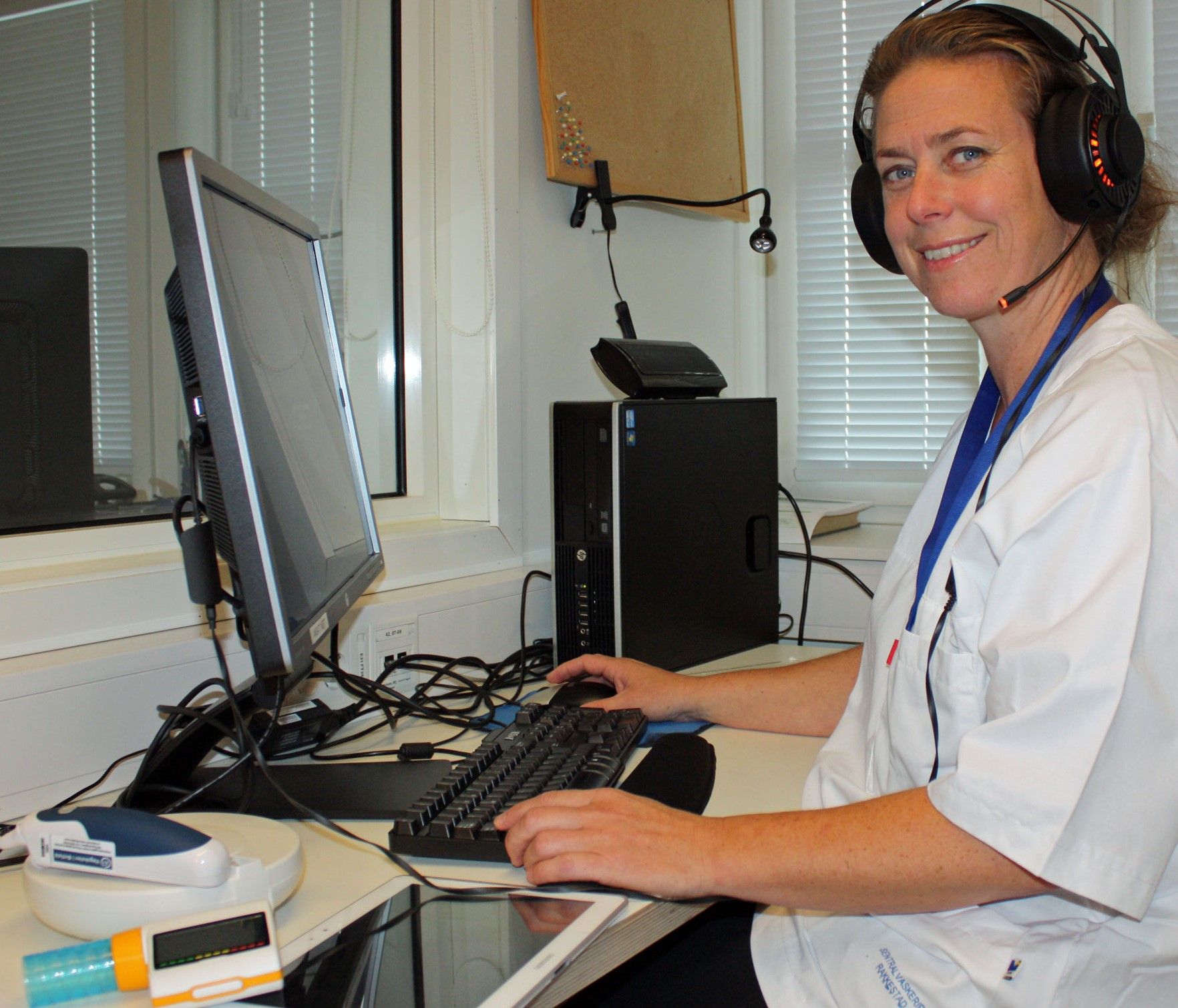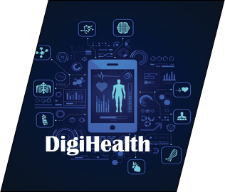Overview
DigiHealth was established in response to the existing research focus at ØUC and the emphasis on health being an important research field within the strategic research initiative, The Digital Society.
DigiHealth is based on a broad understanding of health as a biopsychosocial phenomenon. That is, health is lived through and experienced in the physical body and in the context of wider social, relational and material circumstances, rather than health being restricted simply to diagnosis and treatment of disease. Therefore, health is considered an integral part in all aspects of everyday life (e.g. school, work, interacting on the internet).
The research conducted in DigiHealth incorporates a variety of diverse topics correlated with the fields of nursing, public health, social services and welfare. Research projects explore issues of technological transformation and the development and implementation of digital technologies, in health and welfare service delivery as well as in people’s everyday lives, particularly in relation to participation, empowerment and marginalisation. Questions are also raised and discussed regarding how technological development and new digital tools can lead to better health, increased autonomy and self-sufficiency while simultaneously considering the ethical and privacy issues associated with them. Activities within DigiHealth have resulted in the publication of several systematic reviews, as well as national and international research, teaching and curriculum development collaborations.
Research Groups and Projects
Learn more about all of The Digital Society's research activities
Below are some of DigiHealth's research groups and their corresponding research projects:
The Acute Critically Ill Patient(AKS)
Projects under the Research Group: The Acute Critically Ill Patient (AKS)
- Decision Support in Health Care using Artificial Intelligence (AI)
- Anaesthesia personnel's experience with automated anaesthesia information management systems
- Remote management and monitoring of cancer patients in light of the COVID-19 pandemic- the CACOV study
- Patients' experiences with digital health solutions-(The project has been completed and has resulted in a publication and other dissemination activities.-https://bmchealthservres.biomedcentral.com/articles/10.1186/s12913-020-05633-4)
- Digitalization of healthcare services- nurses’, nursing teachers’ and nursing students’ acceptance and utilization in community healthcare services
- Exploring the effects of training and simulation in handling postpartum haemorrhage- the ExTraSim study
-
Patients’ use and acceptance of home blood pressure monitoring- a qualitative cross-country study
Person-centered Healthcare and the Digital Society(PADS)
Projects under the Research Group: Person-centered Healthcare and the Digital Society (PADS)
- Person-centred practice and the use of technology in nursing homes – an intervention study to improve services and everyday life for older people living in nursing homes and their relatives, and healthcare personnel’s job satisfaction
- Remote care: The experiences of nurses at municipal response centres regarding conversations with patients who have unclear needs- (The project has been completed and has resulted in other dissemination activities)
- Reminiscence Via Immersive Visual Experiences (REVIVE)- (The researchers are applying for funding from the NFR IPO in September 2022, with a possible start-up in January 2023.)
- Women’s embodied experiences of using wearable digital self-tracking health technology: a review of the qualitative research literature-https://www.tandfonline.com/doi/full/10.1080/07399332.2021.1884682
The Social Work Research Group
Projects under the Research Group: The Social Work Research Group
- Lost in digital translation: Ethnographic studies of welfare state assemblages in practice
- Digitalising welfare: The channel strategy in the Norwegian Labour and welfare administration (NAV)
- The digital ethnographers’ methods: participant observation, interviews and documents- currently in the planning phase of the project
- The Competence Bridge Østfold – a Digital Arena for Collaborative-driven Innovation
About our Researchers

DigiHealth is comprised of researchers from the Faculty of Health, Welfare and Organisation, Karlstad University, Norges miljø- og biovitenskapelige universitet NMBU/Norwegian University of Life Sciences, OsloMet and Queen Margaret University Edinburgh. The Faculty at Høgskolen is headed by Dean Randi Magnus Sommerfelt and is located at both campuses in Fredrikstad and in Halden. The Faculty has approximately 130 employees and about 2000 students and is incorporated across two departments:
